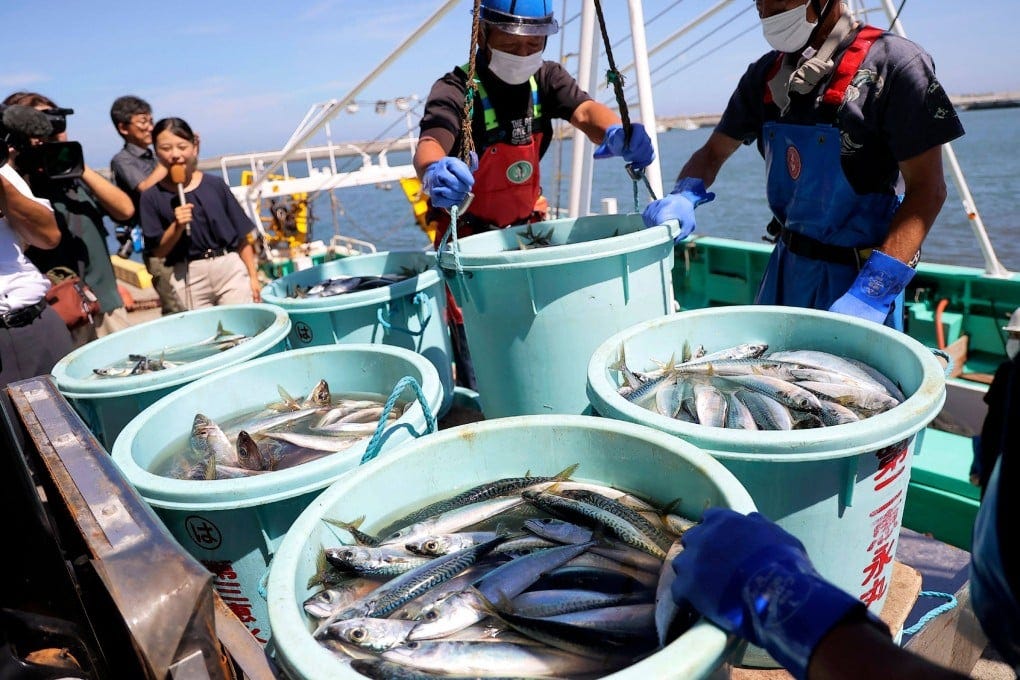The Merchant’s Delusion: Why Global Trade Is No Longer a Shield Against War
I used to believe that commerce civilized us. But looking at the China-Japan seafood ban, I see a different story. Here are the three questions we need to ask about the weaponization of our dinner plates.
The Death of the Golden Arches Theory
I remember being taught the ‘Golden Arches Theory of Conflict Prevention’—the idea that no two countries with a McDonald’s would ever go to war. It felt comforting. It felt inevitable. It was also, as we are now seeing, a beautiful lie. The reimposition of China’s seafood ban on Japan isn’t just about fish; it’s about the collapse of that specific optimism. Prime Minister Takaichi said the quiet part out loud regarding Taiwan, and Beijing responded not with a diplomatic note, but with a ledger entry. The market is no longer a neutral zone; it is the primary battlefield.
Question 1: Is Economic Interdependence Actually a Trap?
We built the global economy on the premise that if we needed each other, we wouldn’t hurt each other. But what if need is just another word for vulnerability? By targeting seafood, China is pulling a specific lever that hurts Japan deeply without causing blowback at home. It’s a precision strike. I am reminded of the economist Albert O. Hirschman, who saw this decades ago in his analysis of power.
The power to interrupt commercial or financial relations with any country... is the root cause of the influence or power position which a country acquires in other countries.
– Albert O. Hirschman, National Power and the Structure of Foreign Trade
We are seeing Hirschman’s theory play out in real-time. Your dependency is their weapon.
Question 2: Does the Modern State Care More About ‘Face’ Than Profit?
If you look at the spreadsheets, this ban makes no sense. Everyone loses money. But nations are not corporations, and their currency isn’t always cash—sometimes, it’s pride. The Chinese response to Takaichi isn’t an economic calculation; it’s a visceral, ideological reflex. It forces us to confront the fact that the ‘Rational Actor’ model we use to predict geopolitics is fundamentally broken because it ignores the human desire for recognition. As Simone Weil observed regarding the nature of force and state power:
Prestige, that is to say the illusion of power, is a stronger motive than power itself.
– Simone Weil, The Great Beast
When prestige is on the line, the GDP takes a backseat.
Question 3: Is This the Rehearsal for a Total Decoupling?
I look at this seafood ban and I don’t see a trade dispute. I see a dress rehearsal. If a statement about Taiwan triggers this, what happens if a ship moves the wrong way? We are watching the boundaries of the ‘acceptable’ shift before our eyes. The scary part isn’t the lost exports; it’s the realization that we are drifting toward a world where you can only trade with people who agree with you. If that’s the case, the global economy is about to get a lot smaller, and a lot more dangerous.
Go Deeper
Step beyond the surface. Unlock The Third Citizen’s full library of deep guides and frameworks — now with 10% off the annual plan for new members.
The New Calculus of Sovereignty
We have to stop pretending that business is business and politics is politics. That wall has crumbled. Whether you are an investor watching the Nikkei or just someone watching the news, you need to realize that the era of ‘frictionless trade’ was a historical anomaly. We are returning to a harder, older world where every shipment carries a flag. The question isn’t whether we can fix this trade deal; the question is whether we can survive the realization that our ‘interdependence’ was actually just a long, slow siege.



